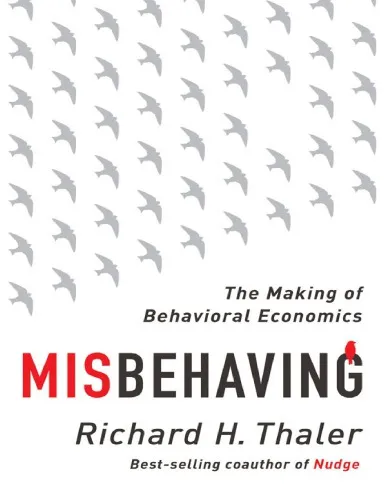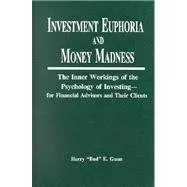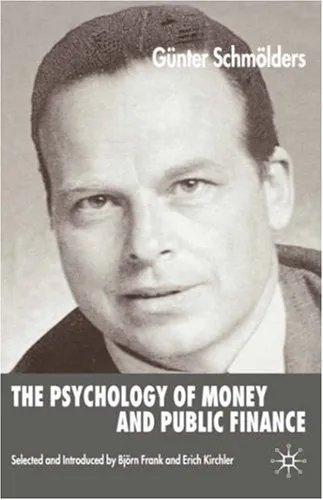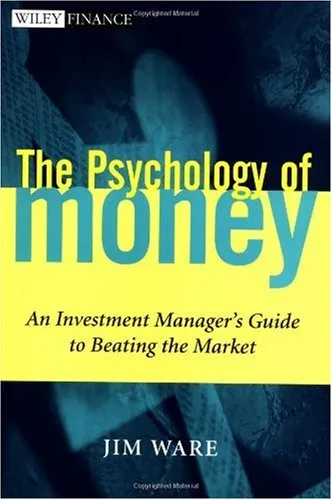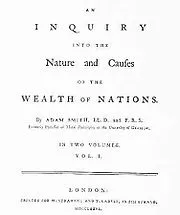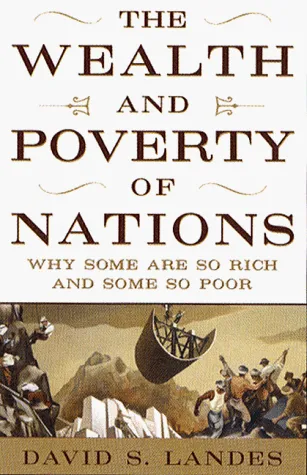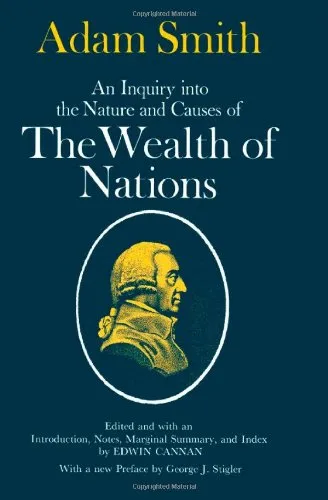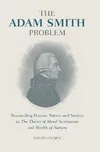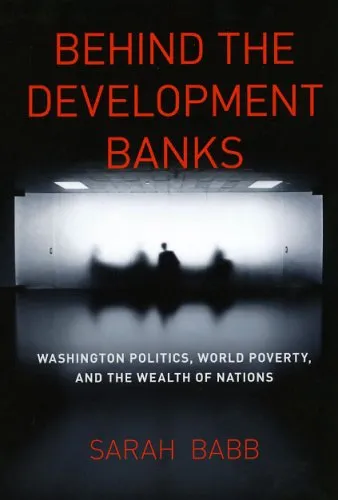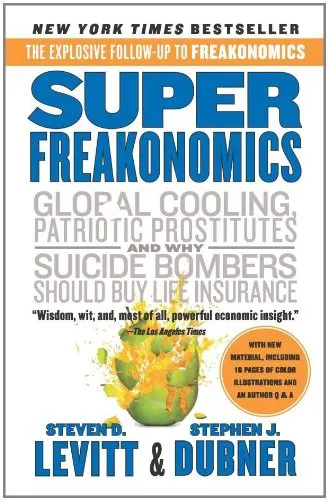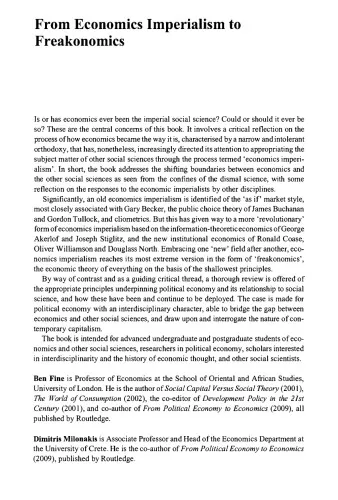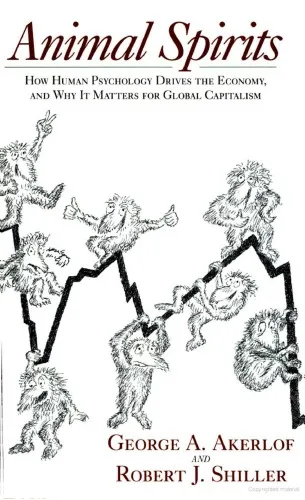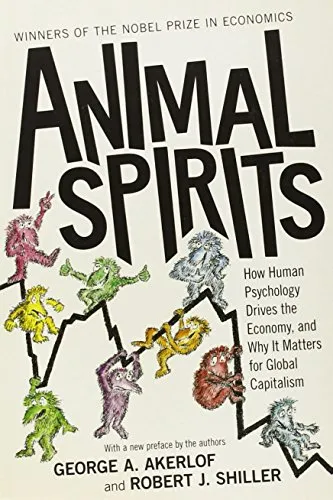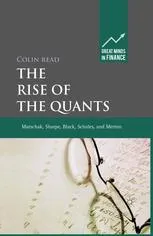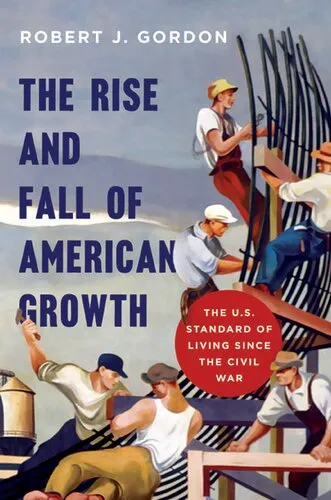Misbehaving: The Making of Behavioral Economics
4.6
Reviews from our users

You Can Ask your questions from this book's AI after Login
Each download or ask from book AI costs 2 points. To earn more free points, please visit the Points Guide Page and complete some valuable actions.Related Refrences:
Introduction to "Misbehaving: The Making of Behavioral Economics"
"Misbehaving: The Making of Behavioral Economics" by Richard H. Thaler presents a groundbreaking exploration into the eccentric nature of human behavior and its implications on economic theory. This captivating narrative draws the reader into the world of economics where traditional assumptions about rationality are challenged and reshaped.
Detailed Summary of the Book
In "Misbehaving," Thaler takes readers through his journey of developing behavioral economics, a field that intersects economics and psychology. Through engaging anecdotes and insightful analysis, he reveals how standard economic models, based on the assumption of rational actors, often fail to predict real-world outcomes. Thaler's narrative starts from his early days at the University of Rochester, continuing through his successful collaborations with notable scholars like Daniel Kahneman and Amos Tversky.
The book details the key milestones and struggles in establishing behavioral economics as a credible field within the rigid landscape of traditional economic theories. By illustrating myriad examples of human "misbehavior" or irrationality, Thaler emphasizes how real people often deviate from the predictions made by conventional economic theories. This journey not only altered the understanding of market mechanisms but also influenced policies that affect everything from household finances to corporate strategies and government regulations.
Key Takeaways
- Behavioral economics bridges the gap between psychology and economics by recognizing imperfect human behavior.
- People often exhibit predictable irrationality, deviating from classical economic predictions.
- Understanding these deviations can lead to better economic models and more effective policy-making.
- Behavioral insights can transform finance, healthcare, and governmental operations by aligning with natural human behaviors.
Famous Quotes from the Book
"Economics can be distinguished from other social sciences because it is based on two fundamental assumptions: optimizing behavior and equilibrium."
"People are not stupid, but the world is difficult and they have limited time and attention."
Why This Book Matters
"Misbehaving" is not just a book but a narrative that challenges the orthodoxy of economics and offers a fresh perspective on how human behavior interacts with economic phenomena. It is foundational because it calls into question long-held assumptions about human rationality, forcing a reevaluation of how economic models are constructed. By bringing psychology into economic thinking, Thaler has paved the way for more robust and realistic economic theories, which acknowledge that human beings are often influenced by biases and are not always the rational actors depicted in traditional models.
This book is invaluable for economists, policy makers, psychologists, and anyone interested in understanding how real-world decisions are made. It has broad applications ranging from finance to public policy, and even personal decision-making, emphasizing that understanding our "misbehaving" is key to designing better systems and structures for the future.
Free Direct Download
You Can Download this book after Login
Accessing books through legal platforms and public libraries not only supports the rights of authors and publishers but also contributes to the sustainability of reading culture. Before downloading, please take a moment to consider these options.
Find this book on other platforms:
WorldCat helps you find books in libraries worldwide.
See ratings, reviews, and discussions on Goodreads.
Find and buy rare or used books on AbeBooks.
1351
بازدید4.6
امتیاز0
نظر98%
رضایتReviews:
4.6
Based on 0 users review
Questions & Answers
Ask questions about this book or help others by answering
No questions yet. Be the first to ask!
